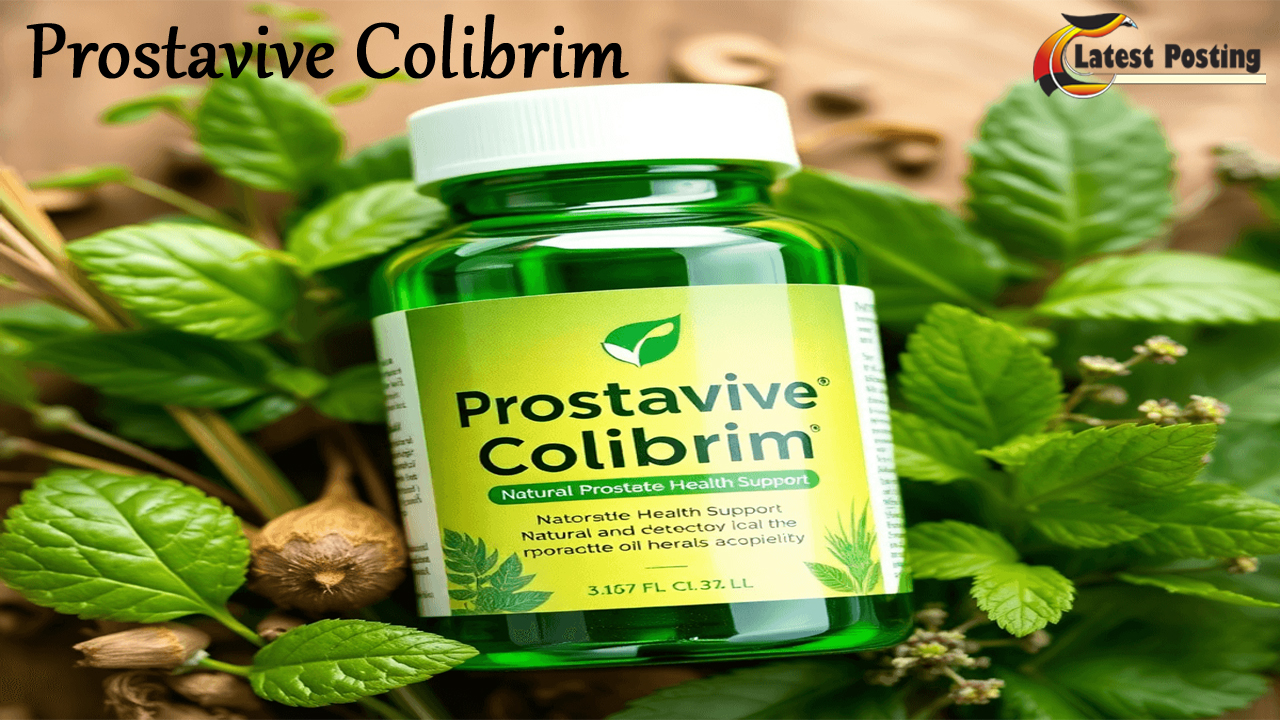In recent years, fats have been give a bad reputation in the world of nutrition. However, not all fats are equal. While it’s true that excessive consumption of unhealthy fats can lead to various health issues. It’s essential to recognise the importance of incorporating good fats into our diets. Good fats play a crucial role in supporting overall health and well-being, and neglecting them can have adverse effects on our bodies. In this article, we’ll delve into the significance of good fats and why they should be a staple in your diet.
Good fats contribute significantly to heart health by helping to lower LDL (bad) cholesterol levels. They reduce the risk of cardiovascular diseases, such as heart attacks and strokes. Additionally, the presence of monounsaturated and polyunsaturated fats in your diet can enhance brain function, cognitive performance, and mood regulation, thereby supporting mental well-being and cognitive longevity.
Understanding Good Fats
Good fats, also known as unsaturated fats, are fats that remain liquid at room temperature and come primarily from plant sources. There are two main types of good fats: monounsaturated fats and polyunsaturated fats. Monounsaturated fats are found in foods like avocados, olive oil, and nuts, while polyunsaturated fats are found in sources such as fatty fish, flaxseeds, and sunflower seeds. These fats are considered “good” because they can help improve cholesterol levels, reduce inflammation, and provide essential nutrients for the body.
Another example of healthy fats is ghee, which contains medium-chain triglycerides, a type of saturated fat that is metabolised differently in the body compared to long-chain fatty acids. There are many benefits of ghee, like improved cognitive function, increased energy expenditure, and potential weight management support.
The Importance of Good Fats
- Heart Health: Incorporating good fats into your diet can have a positive impact on heart health. Monounsaturated and polyunsaturated fats have been shown to lower LDL (bad) cholesterol levels and reduce the risk of cardiovascular diseases such as heart attacks and strokes. Additionally, these fats can help maintain healthy blood pressure levels, further supporting heart function.
- Brain Function: The brain is composed of approximately 60% fat, making dietary fat crucial for optimal brain function. Omega-3 fatty acids, a polyunsaturated fat in fatty fish like salmon and walnuts, are particularly important for cognitive function, memory, and mood regulation. Including omega-3s in your diet can enhance brain health and protect against cognitive decline as you age.
- Nutrient Absorption: Certain vitamins, such as A, D, E, and K, are fat-soluble, meaning they require fat to be absorb and utilised by the body. By consuming good fats alongside these vitamins, you ensure that your body can effectively absorb and utilise these essential nutrients. This promotes overall health and supports various bodily functions, including immune function and bone health.
- Satiety and Weight Management: Good fats promote satiety and regulate appetite. Unlike carbohydrates, which can cause rapid spikes and crashes in blood sugar levels, fats provide a steady energy source and help keep you full and satisfied between meals. Incorporating good fats into your diet can thus aid in weight management by reducing cravings and preventing overeating.
Incorporating Fats in Diet
Now that we understand the importance of good fats, it’s essential to know how to incorporate them into our diets effectively. Here are some simple tips:
- Use olive oil or avocado oil for cooking and salad dressings. These oils are rich in monounsaturated fats, which can help improve cholesterol levels and support heart health.
- Snack on a handful of nuts or seeds, such as almonds, walnuts, pumpkin seeds, or sunflower seeds. These are excellent sources of healthy fats, including monounsaturated and polyunsaturated fats, as well as essential nutrients like omega-3 fatty acids.
- Include fatty fish like salmon, mackerel, or sardines in your meals a few times a week. Fatty fish are pack with omega-3 fatty acids, essential for brain and heart health and reduce inflammation in the body.
- Add avocado slices to sandwiches, salads, or smoothies. Avocados are a rich source of monounsaturated fats, fibre, and various vitamins and minerals. Making them a nutritious addition to your diet.
- Use nut butter (e.g., almond or peanut butter) as a spread or dip for fruits and vegetables. Nut butter provides healthy fats, protein, and fibre, making it a satisfying and nutritious snack option.
- Incorporate toned milk into your daily routine. Toned milk is lower in fat than whole milk but still provides essential nutrients like calcium, protein, and vitamins. Use it in your morning cereal, smoothies, or coffee for a dose of healthy fats and other nutrients.
- Consider using ghee as a cooking fat or flavour enhancer in moderation. While ghee primarily comprises saturated fats, it also contains small amounts of beneficial compounds like butyrate. Use it sparingly to add flavour or substitute butter or cooking oil when appropriate.
Incorporating these sources of good fats into your diet can nourish your body with essential nutrients and support overall health and well-being. Remember to enjoy these foods in moderation as part of a balanced diet.
In conclusion,
Good fats are not only beneficial but essential for maintaining a healthy diet and supporting overall well-being. The diverse array of benefits associated with incorporating good fats into your meals underscores their critical role in promoting optimal health.
By making conscious choices to include monounsaturated and polyunsaturated fats in your meals.You nourish your body with essential nutrients and lay the foundation for long-term health and vitality. While it’s drizzling olive oil over a salad, enjoying a handful of nuts as a snack, or savouring a serving of fatty fish for dinner, each decision to embrace good fats brings you one step closer to optimising your health and well-being.
In essence, good fats are not to be fear but embraced as integral components of a balanced and nutritious diet. So, as you navigate your culinary choices, remember the profound impact that incorporating good fats can have on your health, and seize the opportunity to reap the rewards of a diet rich in nourishing fats. Your body will thank you for it in the long run.
For More Latest Updates About Health , Tech and Business Visit : Latest Posting




3 thoughts on “Embracing Essential Fats: Why Good Fats Are Vital for Your Diet”